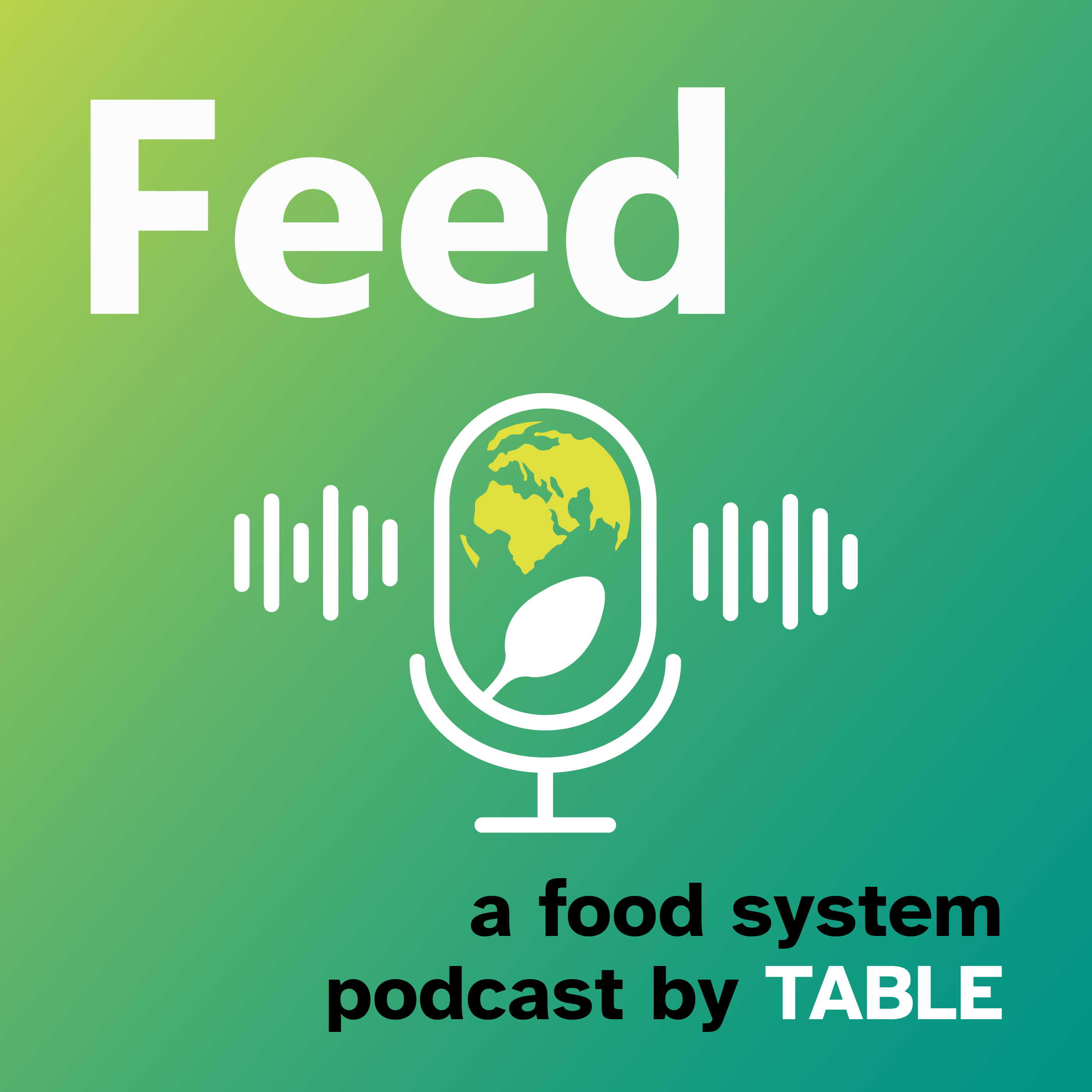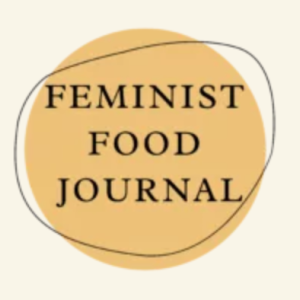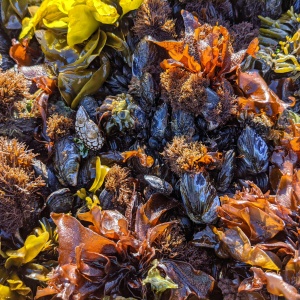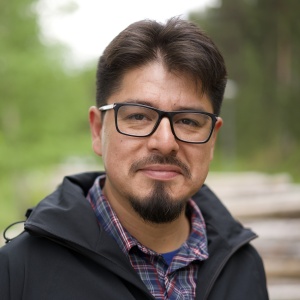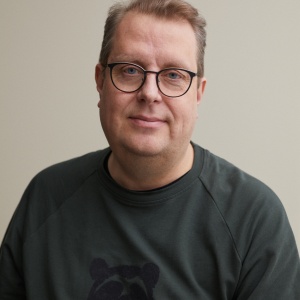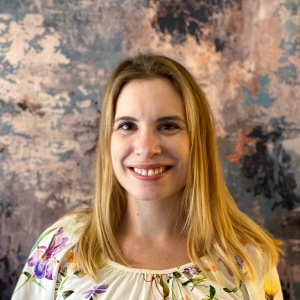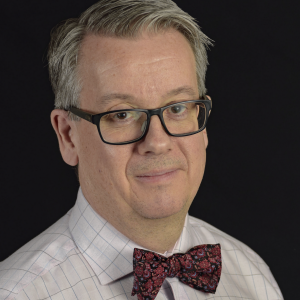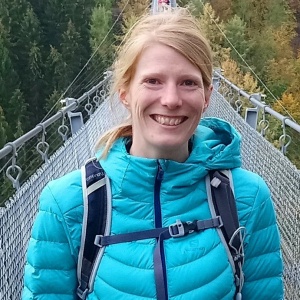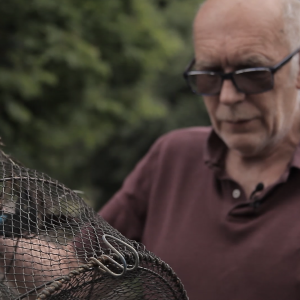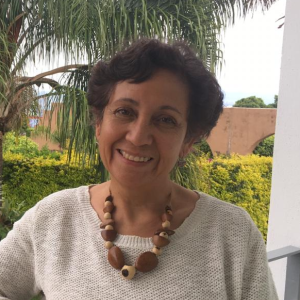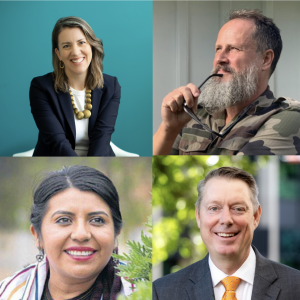About
Debates about the future of food have become more polarised than ever - and little attention is paid to why people hold genuinely different views. This podcast aims to fill this gap by exploring the evidence, worldviews, and values that people bring to global food system debates.
Season 3 - Should food systems be more natural? (episode 55-71)
Has food on our plates become... unnatural?
Season 2 - Power in the food system (episode 19-39)
Who decides what ends up on your plate?
Season 1 - Scale in the food system (episode 1-16)
Is a local or global food system more sustainable?
Listen on Apple Podcasts Listen on Apple Podcasts Listen on Pocket Casts RSS F
Co-hosts
Matthew Kessler
Matthew has worked the last fifteen years working in and around food systems - on farms and in kitchens, labs and classrooms, and most recently in recording studios - to better understand and communicate what is a 'good’, just and resilient food future. Matthew has been with TABLE since 2020, sitting in Uppsala at the Swedish University of Agricultural Sciences. In 2021, he began he hosting, producing, and editing Feed. He has spent five years working on and managing farms, received a BSc in Environmental Studies from Warren Wilson College and a MSc in Agroecology from Norwegian University of Life Sciences. He has a particular interest in what catalyses food systems transformations (e.g. policies, markets, movements, etc.) and who is being served by those changes.
Samara Brock (Season 1 and 2)
Samara Brock has worked for over fifteen years in sustainable food systems as a planner for the City of Vancouver, implementing agricultural projects in Cuba and Argentina, and as a program officer at the Tides Canada Foundation funding organizations working on complex conservation, climate change, and food system initiatives. She holds a master's in Community and Regional Planning from the University of British Columbia, and a master’s in Food Culture from the University of Gastronomic Sciences in Italy. She is currently pursuing a PhD at the Yale School of Environment where her research focuses on organizations attempting to transform the global food system.
Contact us
We want to hear from you!
Please let us know what you think of the show. We'd like to hear who you think we should be talking to, and what food system debates you would like us inquire about.
Do you agree or disagree with something we've presented something on the show? Or do you think a different framing would be more appropriate? Please let us know.
You can record yourself in a quiet room or send us an e-mail to podcast@tabledebates.org and we may bring your perspective into a future episode.
